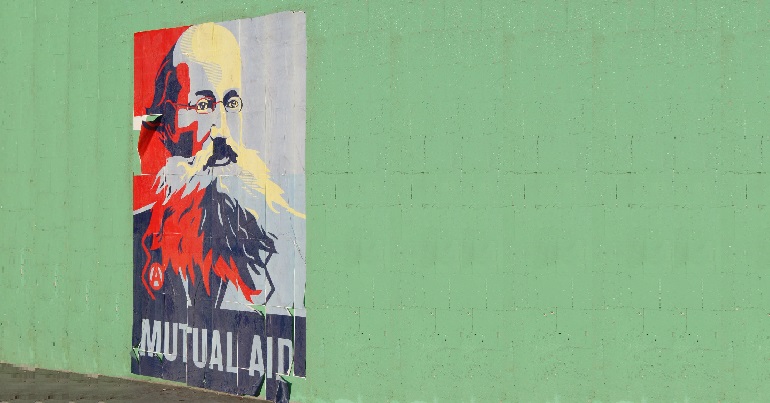The best and worst responses to the coronavirus crisis

In just a few short, weeks we have seen drastic and intense changes in how our society operates. While tens of thousands have been hospitalised, the very elements of our society have been placed under enormous strain. There have been a number of organised responses that have been particularly notable. These are the best and the worst of them.
The best responses:
Mutual aid groups
Even before the country went into widespread lockdown, a variety of self-organised mutual aid groups were emerging. Some are organised around pre-existing community institutions, others set up spontaneously. Like all groups that emerge quickly, many have had to navigate tricky safeguarding issues. However, in an age of alienation from those around us it is heartening to see such an outpouring of concern and solidarity for our communities.
Securing workers’ rights
As various bits of the economy shut down, millions of people are either losing their jobs, being laid off without pay, or else working without sick pay. The scale of health emergency and concerted lobbying by trade unions, politicians and civil society have resulted in even a conservative government stepping into guarantee wages. Steps currently taken are still inadequate with those caught in the informal sector, or gig economy particularly exposed. The fight is continuing with Open Democracy’s petition to rebuild our shattered safety net receiving over 11,000 signatures.
Universal rights
Alongside this, we’ve seen a sudden outpouring of universalism in public policy. The controversial idea that everyone should have access to basic economic rights like food and shelter has suddenly entered the mainstream. The Green Party call for a basic income suddenly is being echoed by a former US Republican Presidential candidate. The government has temporarily suspended evictions and mortgage payments (though tellingly not rent). Despite declaring it an impossibility, the government committed to ending homelessness. The government is even making some moves to temporally discourage council eviction of Travellers.
Keeping organising while following health advice
Many charities and communities have effectively shut down in the face of social distancing. However, others have found imaginative solutions to keep organising, campaigning and meeting. This can be seen with places of worship that hold online services for the first time, to groups such as the London Renters Union who are phone banking their members. It is vital these groups keep active and keep reaching members across the digital divide.
A just stimulus and government response
Our economic institutions are crumbling. To save them, government stimulus is inevitable. How this stimulus is constructed will determine the structure of our society. Groups as diverse as NGOs, the normally conservative International Energy Agency and the Green Party are calling for a stimulus that tackles some of the entrenched flaws in our economy.
Key workers and front line volunteers
Keeping people alive is one of the most important duties in society. This crisis has highlighted the work of the people who work hard to do that, their lives disproving the idea that we don’t care about others around us.
The worst responses (or everything Trump, Bibi and Orban have done)
Excuse for racism
Despite the widespread involvement of our common humanity and the widespread call to end migrant detention which has had some success, from the earliest days of the epidemic there have been those who have wanted to use this crisis to stoke racist sentiment.
Disaster capitalism
In a disaster, the ruling elites will use crisis to implement measures that would normally be resisted. This crisis has seen suspension of civil liberties, attempts to privatise bits of the NHS and a worldwide rollback of environmental protections. Often at the same time the same people have used the time to attack those opposing these measures as politicising the crisis. As Adam Ramsay has detailed, this is nonsense.
Celebrating the virus, or accepting millions of deaths
In an odd – or perhaps apt – coalescence of the hard right and deep green environmentalists, some have been making the case that coronavirus is to be celebrate. There are those who have been celebrating the effect of the virus due to some perception of environmental benefits. Others – notably in the US Republican Party – have been suggesting that people should be willing to die to protect the stock market.
Clearly these people are taking the tradition of capitalist dystopian novels as guidebooks rather than warnings. This crisis is set to kill hundreds of thousands of people, and is causing misery to millions. Celebrating it is nearly sociopathic.
It also stands in contrast to the response by the vast majority of society that illustrates that when the chips are down we do, in fact, care an awful lot about those around us.
Image credit: Eric Fidler – Creative Commons




Leave a Reply